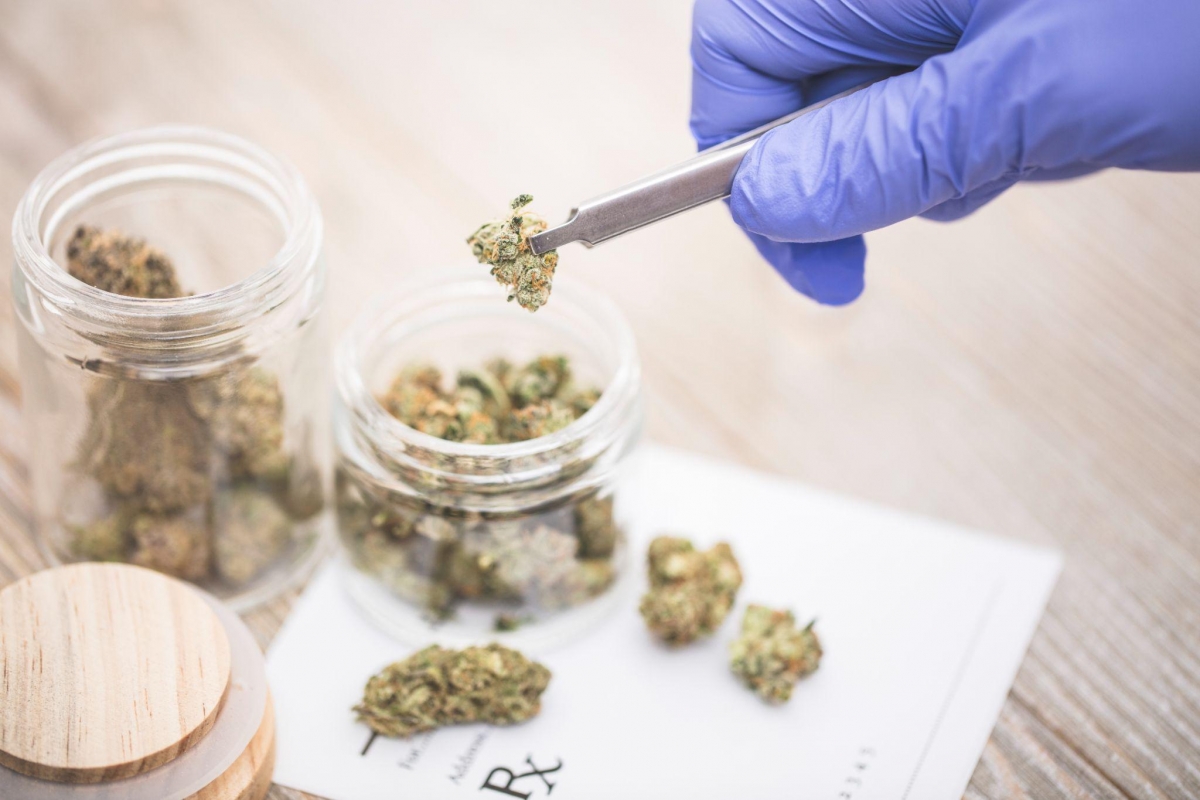Whether you’re a new customer making your first visit to a cannabis dispensary, or an experienced and knowledgeable consumer, there are plenty of options when it comes to edible marijuana. Because of the wide range of different products available, with more hitting the shelves every day, here is a quick refresher on how cannabis makes its way into edible form.
The Basics
Cannabis flower, the raw product that goes into edibles, contain a complex web of chemical compounds including THC, CBD (among other cannabinoids) and terpenes. These different compounds and their relative levels are what give different marijuana plants their own particular smells, tastes, potencies and certain physical effects. Many of these compounds, especially psychoactive THC, are lipophilic, which means they are fat soluble. This is why simply ingesting cannabis flower does not produce psychoactive effects. In order for the human body to take in THC and cannabinoids orally, they must be dissolved in fat or some other substance first.
Classic Preparations
Because cannabis is fat soluble, many edible products are prepared using the same fats and oils that are used everyday in cooking. Cannabutter and cannaoil in particular are two of the most popular ways to extract THC and cannabinoids from flower for use in edible products. Ground cannabis can be heated in oils such as coconut or canola, or butter, and then discarded, leaving you with a finished product that contains THC and cannabinoids. Now that those chemicals are dissolved in oil, they can enter your bloodstream when ingested, after being used in recipes for everything from baked goods to salad dressing.
One term that you will often hear associated with these classic preparations is decarboxylating. Decarbing is accomplished by heating ground cannabis, often in an over, before extracting it with butter or oil. This process ensures that Tetrahydrocannabinolic Acid (THCA) is transformed into psychoactive THC, which is then extracted. THCA is a natural THC precursor found in all cannabis, and when it is decarbed into THC you are able to get the most out of your raw flower. In addition to the more common extraction using oil and butter, THC can also be dissolved into other foods with sufficient fat content. Whole-fat milk or cream in particular are becoming more popular as cannabis edibles that can then be added to coffee or tea, or processed into other food products.
Fat Free
The other main pillar of edible production, standing opposite fat-soluble oils and butter, is cannabis tincture. Tinctures are alcohol-based cannabis extracts, many of which were some of the marijuana-based medicines produced in the early 20th century before prohibition. Cannabis flower, preferably decarboxylated first, can release their THC and other cannabinoids into high-proof alcohol and also glycerin for use in edible products. Tinctures offer a great deal of versatility as well as easy dosage control. Customers can purchase tinctures of different potencies, and add them to beverages, foods, or to ingest orally as they like. Likewise, dispensaries and producers can use tinctures to produce edibles that do not lend themselves to cannabutter or cannaoil recipes.
Looking Forward
Producers of cannabis edibles are continuing to look towards the future for new options and methods. The new direction of cannabis distillates is one example of this ongoing trend. Drawing on lessons learned from the production of concentrates like butane hash oil, cannabis chemists are now producing distillates that offer high potency and can be added to any number of edible products. Distillates are created through vaporizing THC and other cannabinoids, which are then cooled and collected resulting in a final product that is free of plant matter and solvents. However cannabis is processed into an edible form, the benefits remain the same. Customers are able to harness all of the psychoactive effects and medicinal benefits of marijuana without having to inhale smoke.
If you want to learn more about edibles or would like guidance in choosing some that are right for you, visit Denver Dispensary at 4975 Vasquez Blvd E. in Denver, Colorado.


